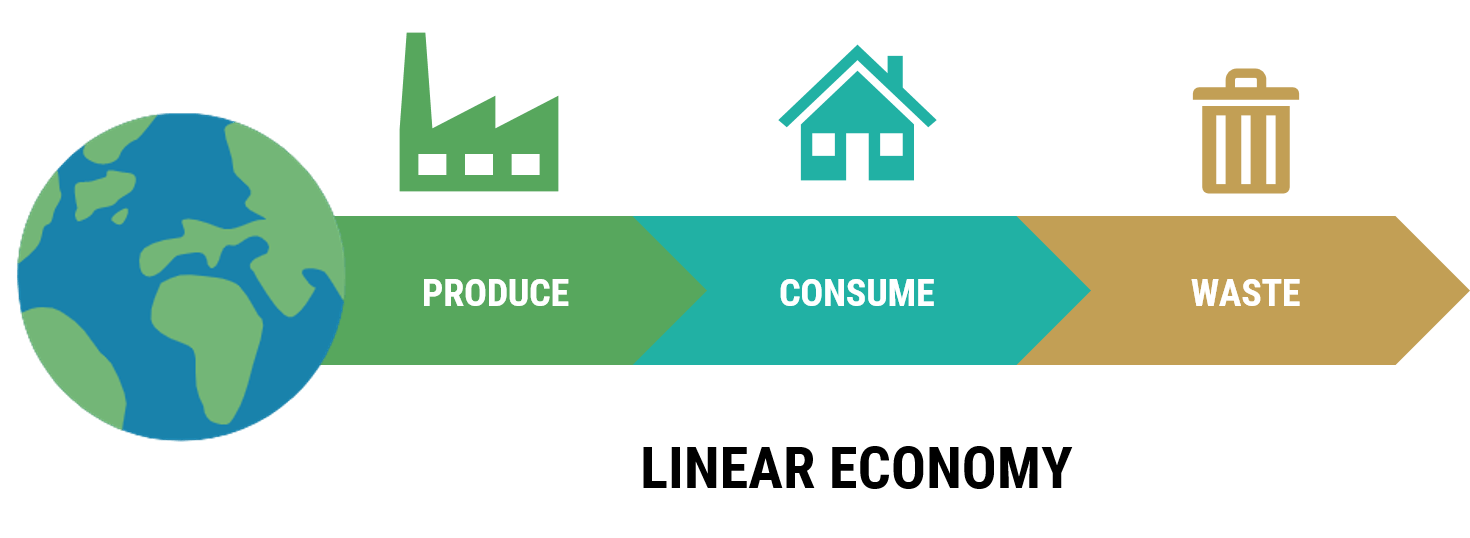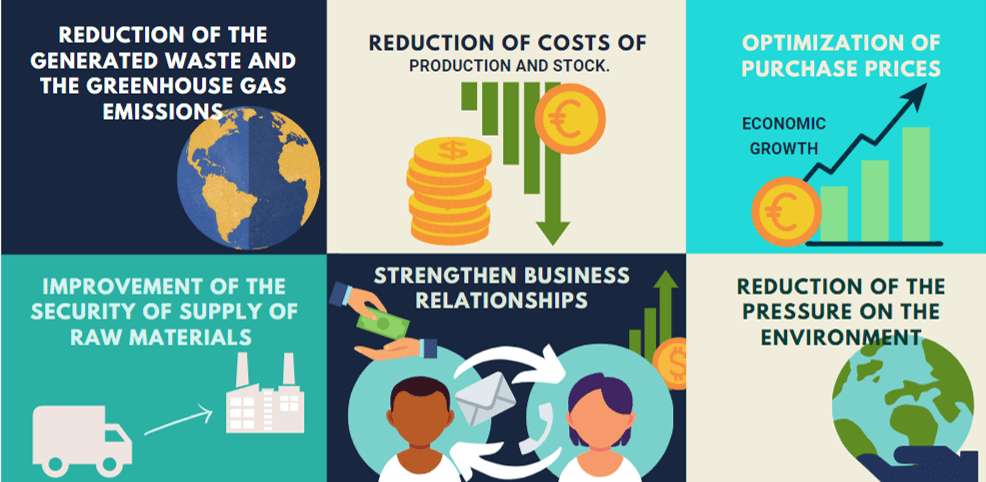Circular economy and second life
Circular economy and second life
New advisory service
What is linear economy and why should we change it?
Plastics are materials used in the production of multiple products which are present in various sectors due to the wide range of properties and advantages that they have. Aimplas, in its decalogue of truths and good practices, defined 10 benefits that plastics bring to society, and insisted on the need to manage properly the waste generated in their use.
“Some of the arguments in favour of plastics consumption are the food safety, the improvement of logistics and distribution systems, the fuel saving or the reduction of greenhouse gas emissions associated with the transport of this material, since plastic is a lightweight material, it is possible to transport large quantities, which means savings in fuel and associated emissions.” – Draft Law on Waste and Contaminated Soils / Government of Spain
Many agencies and associations agree that the solution is not eliminate plastic, but provide solutions that allow the recycling and reuse of the products that are produced with these materials, and focus our efforts on a more efficient and sustainable recovery of the waste generated. The plastics industry should strive to eliminate the thought of Take, Make and Dispose, the three principles that define the linear economy. We cannot keep extracting, manufacturing, using and eliminating the natural resources and the fossil fuels, because these peter out. We should focus on a more beneficial system for the environment and the human health through the implementation of the principles of the Circular Economy.

What is the circular economy and what are its objectives?
“The Circular Economy is an strategy that lays the foundations for a new plastics economy in which the design and the production of plastics and plastic products fully meet the needs of reuse, repair and recycling, as well as the development and the promotion of more sustainable materials.” – Draft Law on Waste and Contaminated Soils / Government of Spain

Increasingly, companies and agencies are deciding to implement the basis that this economy defends since it presents many advantages:
What proposal does Parnoplast offer?
From the environmental sustainability department, Parnoplast offers to their customers the counselling and the development of a policy of change towards a circular economy that is efficient with the resources available to each company and that provides a solution to the waste that they generate to reduce the environmental impact that each organization generate to minimum.
This new business model arises from the experience of more than 25 years in the world of plastics recycling, together with the knowledge of the manufacture of rigid plastic sheet by extrusion. This professional career gives us the opportunity to create an environmental sustainability department for analysis and advice, in energy and environmental terms, providing solutions that promote the useful life of products and their reuse, recyclability and use of waste as new raw material.
Moreover, Parnoplast, through its waste manager code or through a by-product contract, offers to their customers the possibility of incorporating recycled plastic from products used in the national territory in the manufacture of their packaging, thus obtaining a reduction in the base taxable special tax on non-reusable plastic containers that will enter into force on July 1, 2021.




Recent Comments